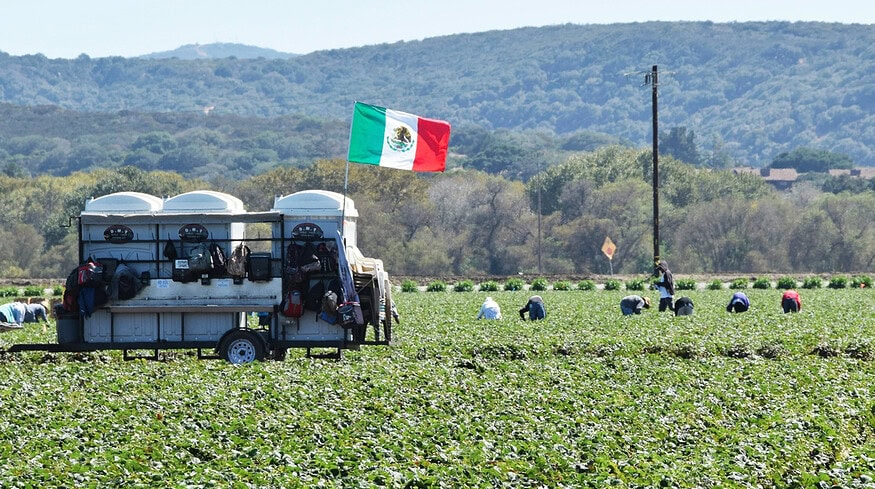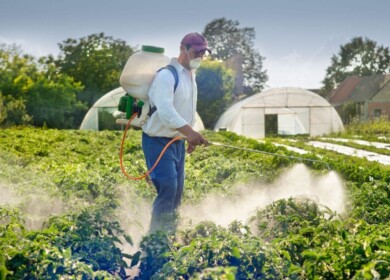Avgust registered its first plant protection product in Mexico

The Federal Committee for Protection from Sanitary Risks of Mexico (COFEPRIS) issued a certificate of registration to the company Avgust-Mexico for the first drug produced by the Russian Avgust company in the country. Tanrek 500 is an insecticide, which is designed to control a wide range of pests on citrus crops, tomatoes, potatoes, broccoli, and chili peppers. Currently, Avgust’s products are represented in 30 countries of the world, including the states of Latin and Central America, Africa, and the Middle East.
The export-oriented Tanrek 500 suspension concentrate based on imidacloprid has already established itself as a product in demand by foreign farmers. Since 2013 it has been successfully sold in Colombia. Avgust sells preparations with this active ingredient in various concentrations in many countries of its presence, including Peru, Ecuador, and Zimbabwe.
Tanrek 500 is characterized by pronounced systemic activity, provides a long protective period, and allows farmers to destroy a wide range of pests of crops, including those that feed on the underside of the leaf.
High concentration of the active ingredient, low consumption rate, and a wide range of controlled pests make the use of the drug cost-effective for farmers, allowing them to protect crops from a large number of risks at optimal cost.
Currently in Mexico, the drug is approved for use on citrus fruits, tomatoes, potatoes, broccoli, and chili peppers – crops grown in the country both for domestic consumption and for export.
“To register the drug and find mechanisms for its supply to the Mexican market, we had to resolve a whole range of legal and logistical issues,” says Pavel Kaverin, head of the Latin America department at Avgust. “We expect that the first batches of our insecticide will appear in the range of dealer networks within a few months. The list of products we offer will continue to grow: in the next two years, specialists from the subsidiary company Avgust-Mexico will continue to study market needs and register new products that can combat phytosanitary problems specific to local agriculture.”
Enjoyed this story?
Every Monday, our subscribers get their hands on a digest of the most trending agriculture news. You can join them too!

















Discussion0 comments